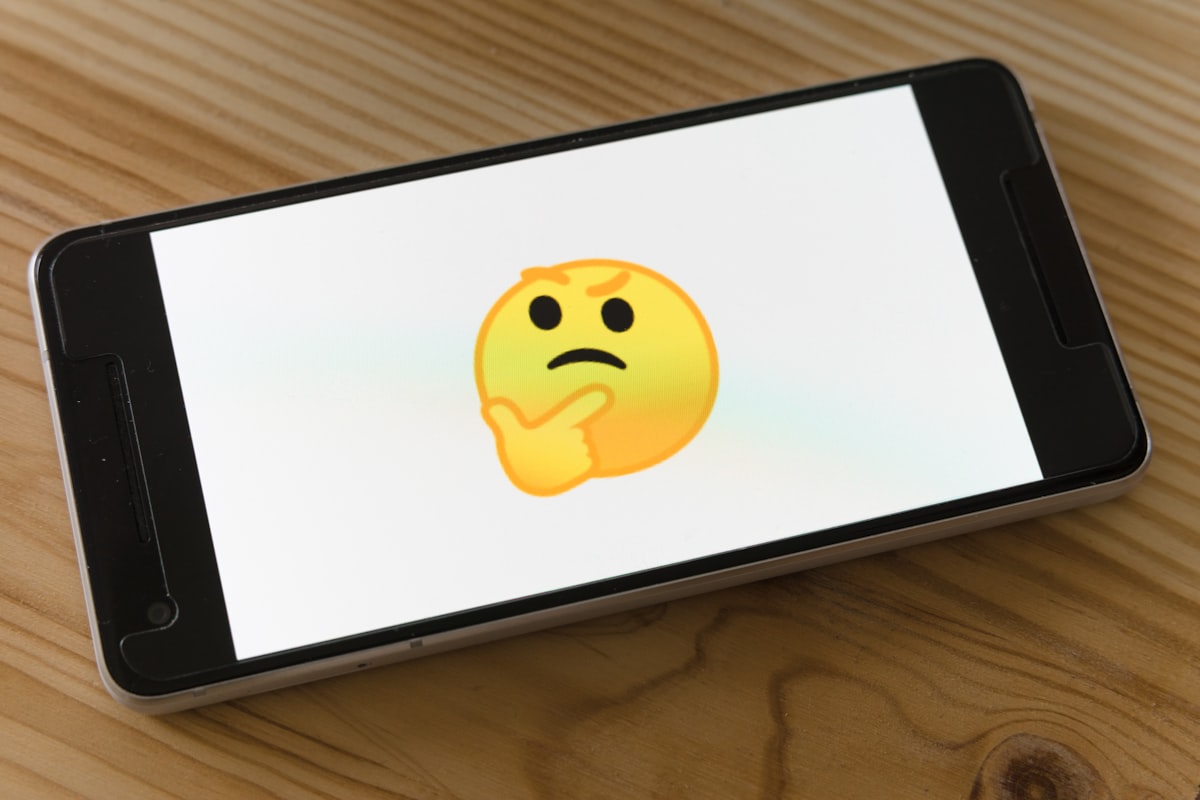Teacher Pep Talk - Knowledge and Understanding
Explore the difference between knowledge and understanding. How can this be applied to education and teaching?

As an Amazon Associate, I earn from qualifying purchases. All affiliate links are marked with an asterisk (*). Thank You! Read more here.
Knowledge and Understanding
The key to good decision-making is not knowledge. It is understanding. We are swimming in the former. We are desperately lacking in the latter. - from Blink* by Malcolm Gladwell
Knowledge is in abundance. Most of us can look up everything we need to know using the phone in our pocket. Most schools collect an abundance of data and make “data-driven” decisions. I do think we’re better off knowing more, rather than not enough, but after teaching for 23 years I’ve observed that knowing more doesn’t always lead to improved outcomes.
Understanding comes from effort and experience. It’s harder to accomplish. It involves taking into account a variety of variables like time, place, and people. When working with students I can often “know” the right things I could do in a given situation, but unless I take into consideration the rest of the variables I’m often not as effective as I could be.
How Can Educators Increase Understanding
- Trust the instincts that come with experience.
- Meet basic human needs first.
- Take time to think about what is really important, the “So What?”
- Just because something was once right doesn’t mean it still is. Question constantly.
- Think about what we already know and how that knowledge could be creatively applied to a situation.
"The thing that really struck me the most from my book was this idea that more information does not necessarily yield a better decision. I've come to take that very seriously. I now no longer feel the need to exhaustively mine every available source of information before making a decision. I now believe that I have to spend more time analyzing what I know rather than going out and adding to what I know.” - Malcolm Gladwell
I’d like to see how this type of thinking could be applied to how students demonstrate and improve their Habits of Scholarship in school. Most people know these habits are important for students to develop but this translation hasn’t necessarily led to improved work completion and quality. Many students seem to struggle more with their habits of scholarship each year. What would happen if we could hit the pause button and let the collective wisdom of educators in the building plot a new course?
What’s a Teacher Pep talk? It starts as a personal reflection along with a few suggestions for myself. I hope I might share something that is useful, or at the very least starts a conversation. Share your thoughts, or just say "Hi" on Twitter - @jeremyajorg.



